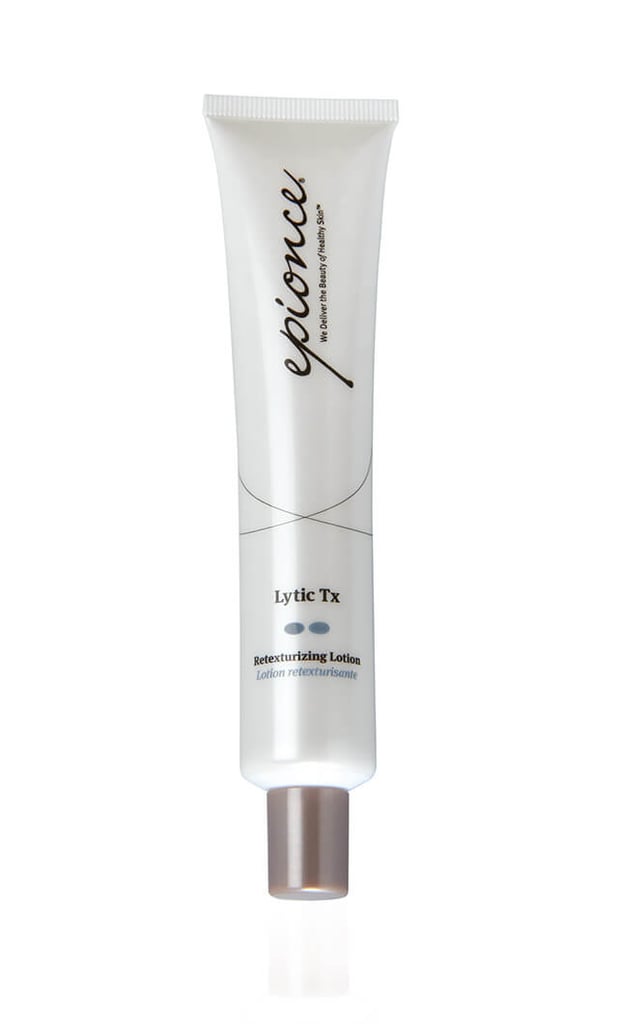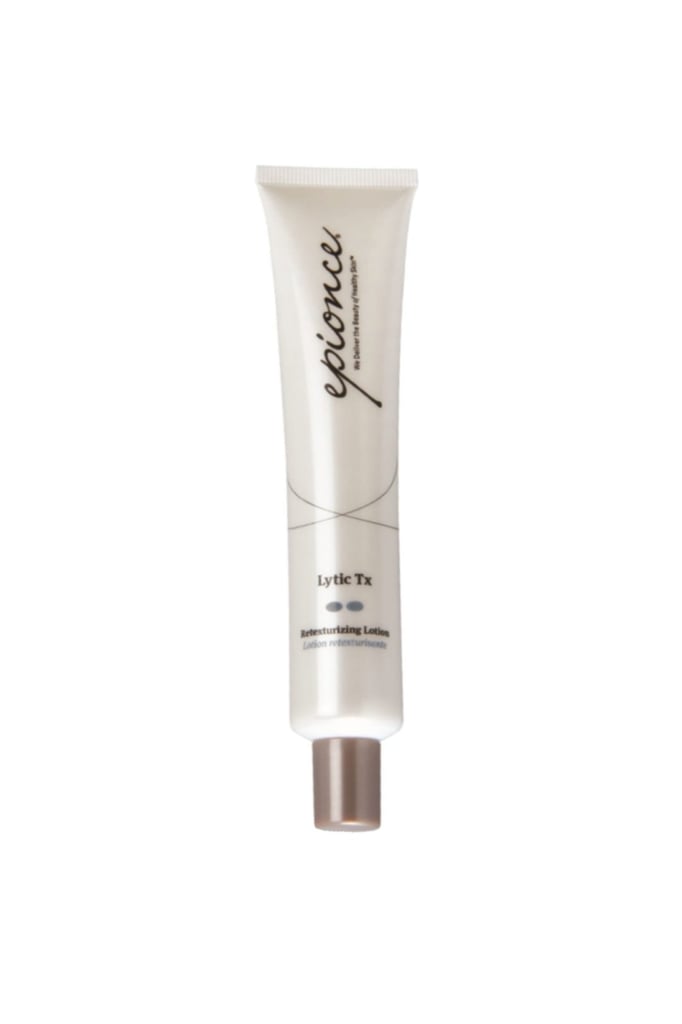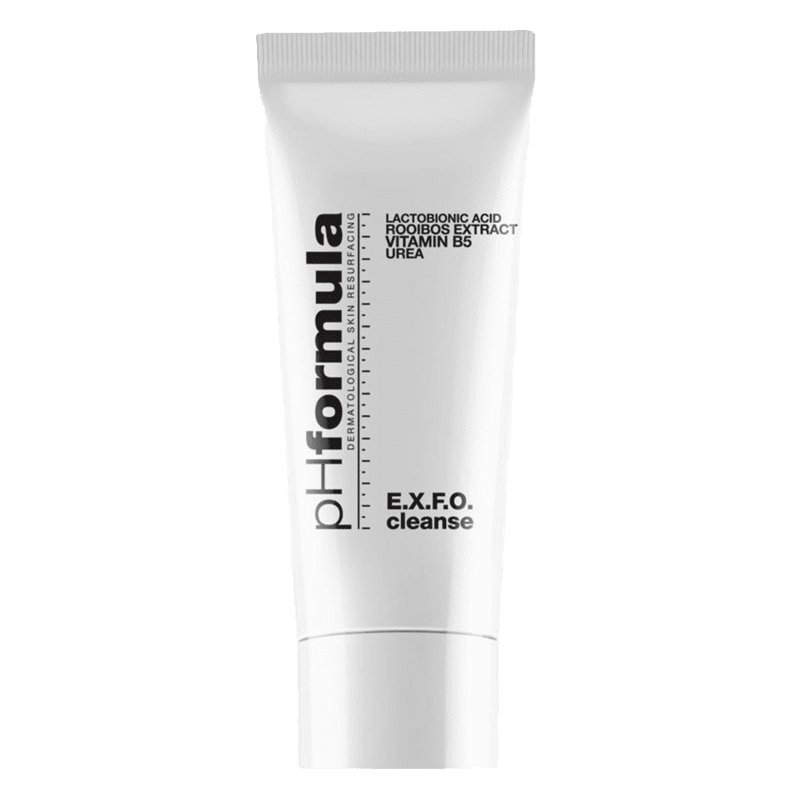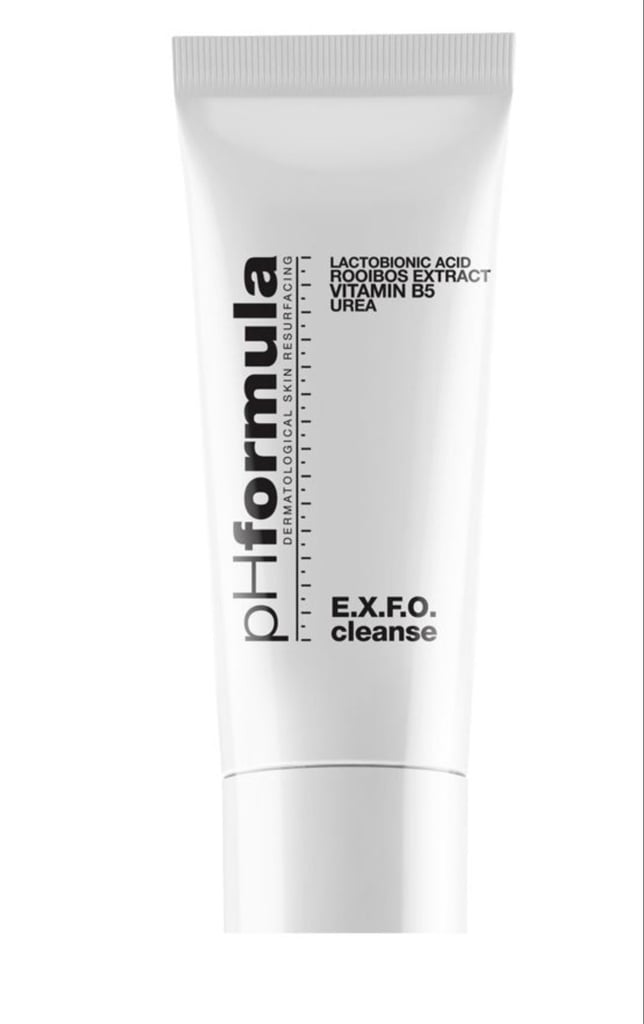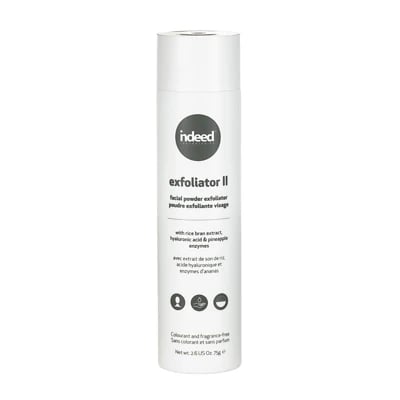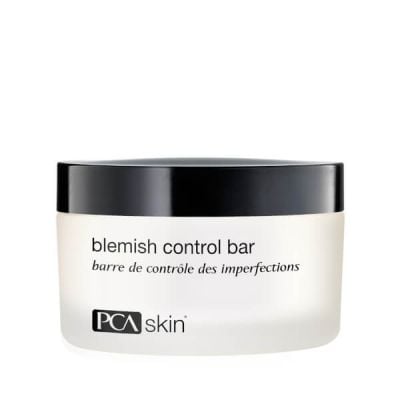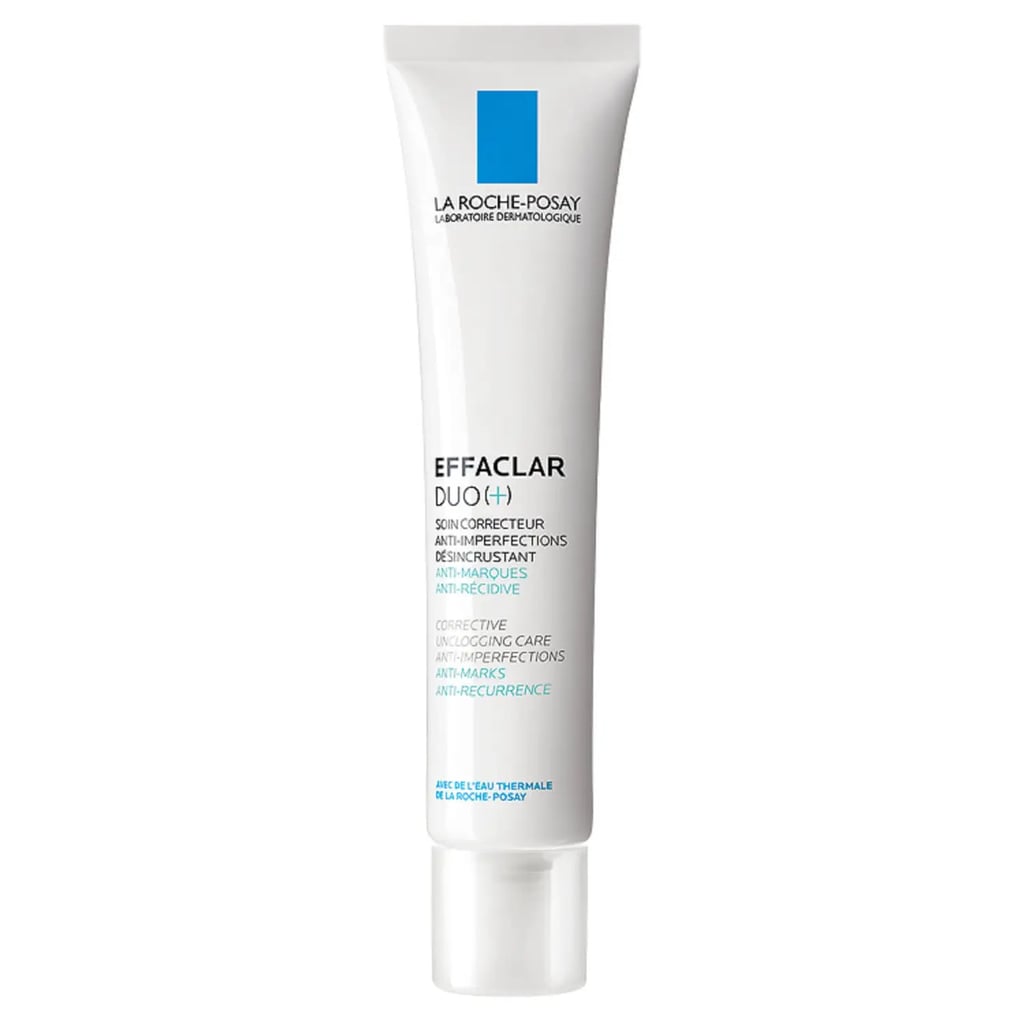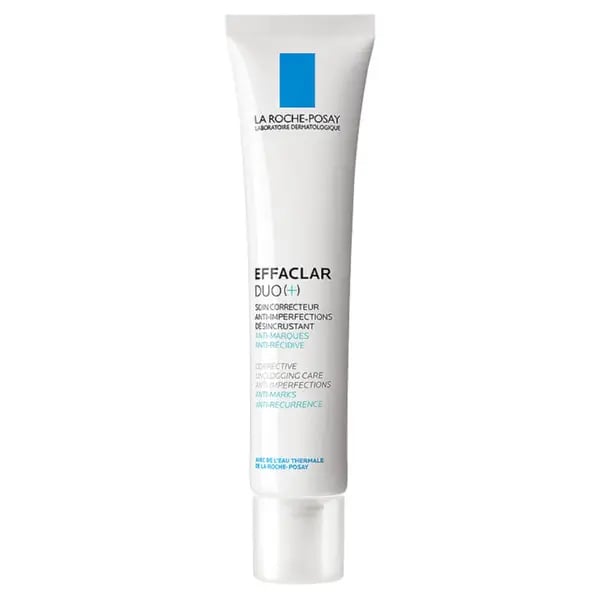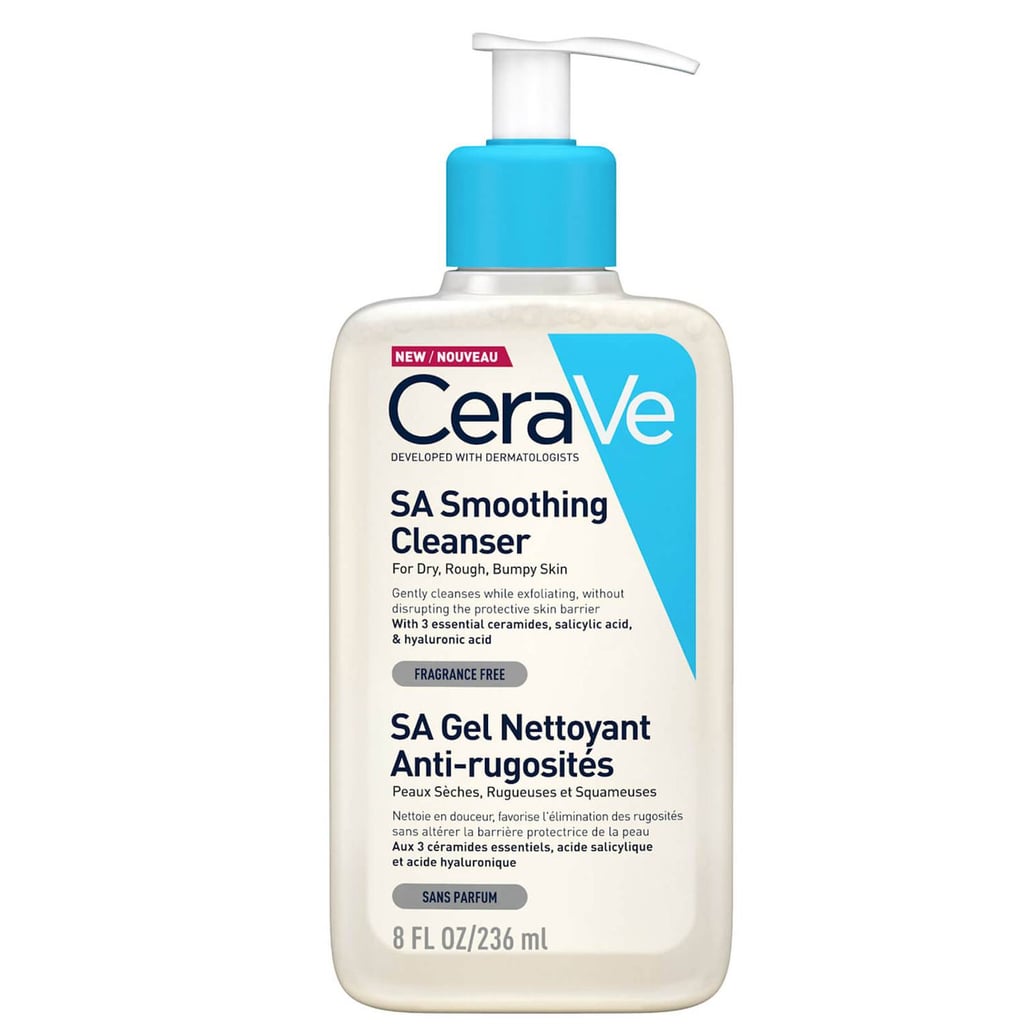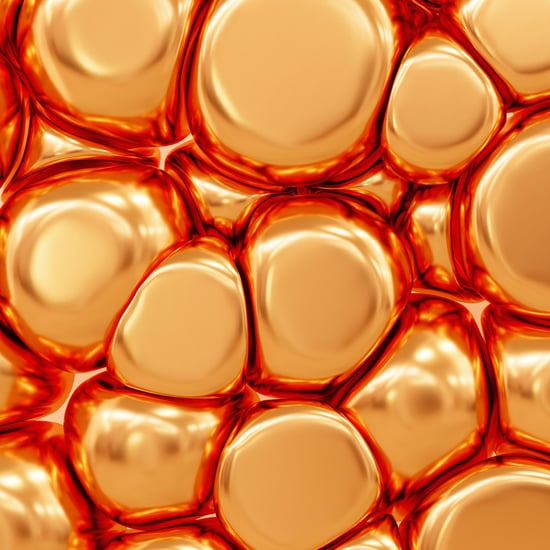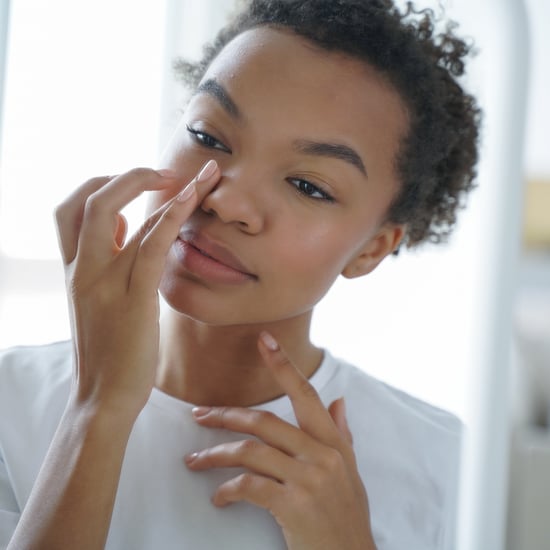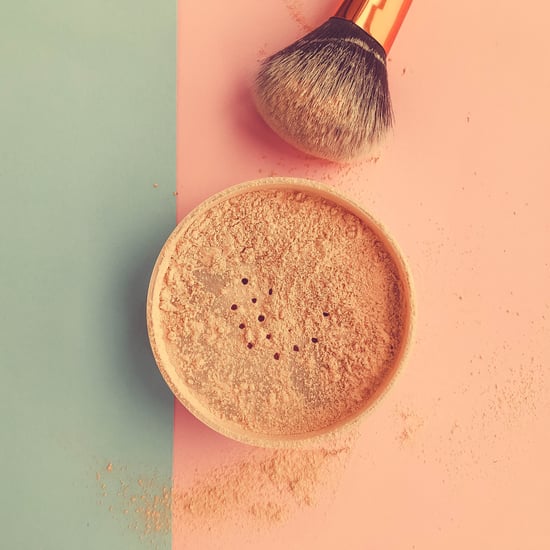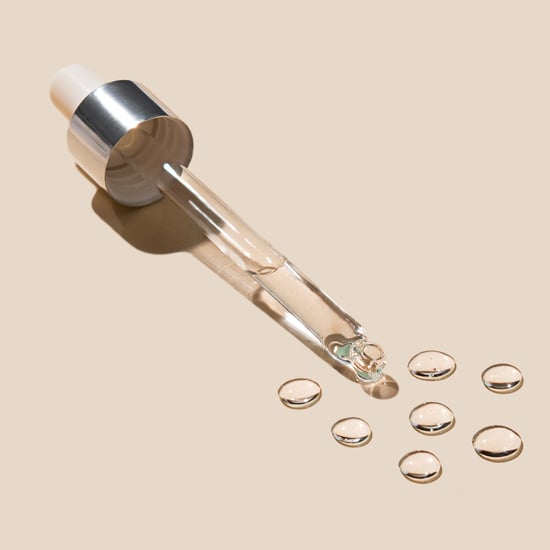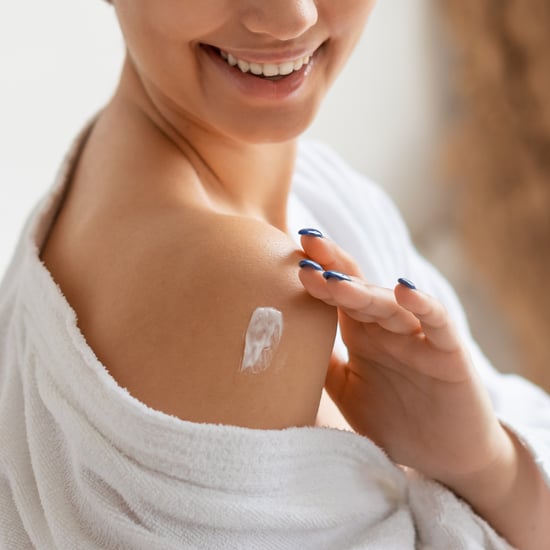Does Natural Skincare Cause Congested Skin? We Asked Experts
We're Sorry to Say, Your Natural Skin-Care Products Could Be Exacerbating Your Breakouts
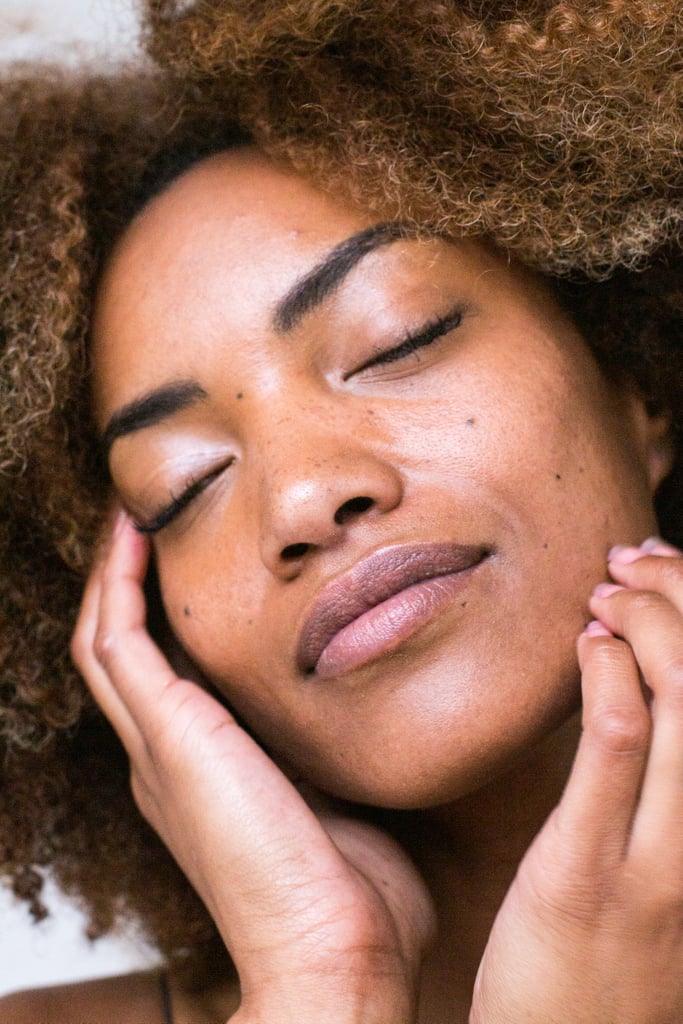
As POPSUGAR editors, we independently select and write about stuff we love and think you'll like too. If you buy a product we have recommended, we may receive affiliate commission, which in turn supports our work.
It is no secret that interest in natural skin care and plant-based ingredients has spiked over recent years. According to current statistics, "natural and organic" beauty grossed £221m in 2020, with the trend still on the rise as more people become invested in their skin health. When it comes to beauty, the terms "natural", "clean", "organic", and "green" are essentially used as marketing tools to describe a product that is free from many lab-made ingredients that are safe for use in the strictly regulated cosmetics business — the premise being that the more natural a product is, the better it is for your skin. With more household and legacy brands jumping on the bandwagon to compete with niche clean brands, the demand for natural beauty products has risen dramatically.
Aside from marketing, this rise is also a phenomenon that traces back to human nature. "Our instincts as humans lead us to trust naturally derived plant materials over those developed in a sterile lab environment, but this logic is flawed," dermatologist Dr Zena Willsmore previously told POPSUGAR. "Whether a product is natural or synthetic, it tells us nothing about its safety or effectiveness."
Unfortunately, this rise hasn't just led to misinformation within the clean beauty space, but it's also caused an increase in skin irritation, sensitivity, and congestion in many people. Because of this, leading dermatologists and cosmetic chemists are investigating the link between the increased popularity of natural skin-care products and the rising concerns around congestion and blemishes.
Can Natural Skin-Care Products Cause Congestion?
"Natural skin-care products offer a great lifestyle choice for some people," said Dr. Thiviyani Maruthappu, dermatologist for L'Oréal active cosmetics division. "One problem I do see with natural products is the use of oils — such as coconut oil or sesame oil — as the base ingredient in many formulations. These natural oils are comedogenic (pore blocking) and can cause breakouts and congestion in susceptible individuals," she added. Eve Casha, chief scientific officer at Dermoi! Skincare London, echoed this. "It can be very common for natural ingredients to cause congestion on the skin," she stated.
This is especially true for those with acne and blemish-prone skin. Whilst Dr. Terry Loong, integrative aesthetic and hormone doctor at GetHarley, said that she isn't "against" natural and organic products — noting that she uses them too — she did state that natural products may be causing congestion if you're prone to spots. "Natural skin-care products that have oils in them are not suited to [acne-prone] skin". This is because many skin-care products use essential oils or comedogenic oils in their formulas that can irritate and block the skin's pores.
Comedogenic oils are present in the form of olive oil, coconut oil, beeswax, lanolin, sweet almond oil, avocado oil, almond oil, evening primrose oil, shea butter, and grapeseed oil — to name a few. In their natural form, they are extremely concentrated compounds that can block your pores — especially in a carrier oil within the overall formula. "These oils act as occlusive agents in formulation. Occlusive agents form a barrier on the skin and block water loss. However, in some skin types, these ingredients will contribute to comedone formation and cause congestion," Casha highlighted.
But What Exactly Is Congested Skin?
"Congestion occurs when a comedone forms, which is when the skin follicle becomes blocked from a mix of excess sebum, dead skin cells, or other clogging ingredients (often known as a comedogenic). Comedones can be closed (whiteheads) or open (blackheads) and are a form of acne, and if comedone formation remains constant, there is also potential for more severe inflammatory acne to form," Casha explained.
How Can I Tell If My Skin Gets Congested?
If you're not sure whether your skin gets congested or not, there's a simple way to find out. "Remove any products that have potential comedogenic ingredients for at least three weeks to see if the skin improves," advised Dr Loong. In addition to this, if you're keen to reduce congestion in a more holistic way, Dr Loong suggests that her patients "balance their sugar levels, optimise their sleep, and manage their stress levels (playing into the psychodermatology aspect of skin health) to reduce excess oil production and inflammation on the skin."
It isn't to say that all-natural skin-care products are bad for the skin, though. If you aren't acne-prone and finding breakouts to be an issue, go forth and continue using all of your oil-rich products. Additionally, as with all skin-care products, people react to ingredients differently — and this includes common oils found in natural skin-care products. Some skin types find them more comedogenic than others, making the process of figuring out what works for you somewhat of a trial and error.
It is recommended that people who have acne or are blemish-prone avoid heavier oils that contain higher concentrated saturated fat levels. Instead, if you want to continue using natural skin-care products, look for supplement unsaturated fats, such as omega 3 and 6 as a lighter option, since it has impressive anti-inflammatory properties.
There Are Things You Can Do to Minimise Congested Skin
Dealing with congested skin is no easy feat, but it can be done with the right help. With build-up of dead skin cells, sweat, impurities, and sebum (oil production) from pores, the skin can often feel sluggish and unsettled," Dr Loong explained to POPSUGAR.
For those who want to overcome congestion generally, there are a few things you can do. "I recommend cleansing twice daily and being careful when it comes to makeup removal", Dr. Maruthappu said, she recommends double cleansing depending on the amount of makeup you wear. "Avoid 'long-lasting' foundations, which are particularly troublesome when it comes to pore blocking," she added.
Casha suggested "incorporating effective but gentle exfoliation regularly. Ingredients such as glycolic acid or salicylic acid are amazing for this and will work to release comedones, as well as kill any acne bacteria in the skin." For people with more sensitive skin, "enzymatic exfoliation is the best alternative," she said. In the clinic, Dr. Maruthappu often prescribes a topical retinoid (like tretinoin or adapalene) to help with congestion and comedones.
Although exfoliating is great, all of our experts warned not to overdo it — no matter how tempting harsh scrubs may be. [Over-exfoliation] can cause inflammation and weaken the skin barrier and aggravate the problem. Stick to exfoliating two to three times a week max". In addition to exfoliating, Dr. Maruthappu suggests looking for noncomdeogenic moisturising ingredients such as glycerin and hyaluronic acid in lighter gel or serum texture, rather than oils and ointments.
Lastly, if you want and have the means to commit to regular facials (approximately once a month), they can help address congestion, Casha explained. "The right facial treatment will release comedones and congestion within the skin, dramatically speeding up your progress on your skin journey addressing a specific skin problem."
So, whilst we aren't to say that all-natural skin-care products are bad for the skin, we are saying that it requires investigation into your skin's reaction to certain ingredients. Isolated product testing and help from a dermatologist may be required to assess whether natural skin-care products in your routine is causing congestion or if it's related to other concerns.
Read on to see the expert's product recommendations for dealing with congestion in your skin-care routine.
Epionce Lytic Tx
"Epionce Lytic Tx (£57.50) is a moderate-strength product that cleanses pores while smoothing the visible appearance of skin texture and imperfections for normal to combination skin" Dr. Loong explained.
pH Formula EXFO Cleanse
"pH Formula EXFO Cleanse (£45) is a gentle enough to remove make up and great for sensitive skin. I advise my patients to leave it on longer than instructed – about 5 minutes, as then it works as a gentle exfoliator," according to Dr. Loong.
Indeed Labs Exfoliator II
"For sensitive skin, the Indeed Labs Exfoliator II (£25) is a great solution because enzymatic exfoliation is very gentle. This exfoliator can also be used more than twice a week because it is so mild" Casha told POPSUGAR.
PCA Skin Blemish Bar
"PCA Skin Blemish Bar (£45) contains salicylic acid and azelaic acid and will gentle exfoliate but also work to reduce inflammation and clear out pores without over drying," Casha said.
La Roche Posay Effaclar Duo+
The La Roche Posay Effaclar range in general is one that Dr Maruthappu recommends because it contains salicyclic acid, niacinamide, and lipohydroxy acids. In particular she likes the La Roche Posay Effaclar Duo+ (£17) for congestion.
CeraVe SA Smoothing Cleanser with Salicylic Acid
CeraVe SA Smoothing Cleanser with Salicylic Acid (£12) "is great for congestion-prone skin as it gently exfoliates on a daily basis to prevent blockages from forming," said Dr Maruthappu.

